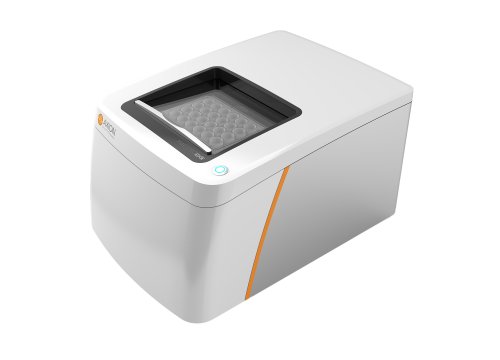Authors: Raj Bose, Mercedes Posada-Pérez, Eleni Karvela, Martin Skandik, Lily Keane, Anna Falk, Stefan Spulber, Bertrand Joseph, and Sandra Ceccatelli
Brain, Behavior, and Immunity, 5 September 2024
Researchers use Axion’s hands-free Maestro MEA system to assess the activity of neuron-microglia co-cultures in healthy and NRXN1-mutant neurons and microglia in vitro.
Microglia and neuroinflammation have been implicated in many neurodevelopmental and neurodegenerative diseases, including autism spectrum disorder (ASD). NRXN1 mutations have been linked to ASD, but whether this link is primarily due to effects on neurons, microglia, or both, remains unclear. In this study, researchers used patient iPSC-derived neurons and microglia to assess the role of NRXN1 in both neurons and microglia in an ASD model.
To assess the activity of neuron-microglia co-cultures in healthy and NRXN1-mutant neurons and microglia in vitro, the team used Axion BioSystems’ label-free Maestro MEA platform. MEA recordings showed that healthy, control microglia appeared to support neural activity and network development of healthy neurons, while mutant microglia lost this ability to support both overall and network activity. This effect was recapitulated via treatment with recombinant IL-6, suggesting increased IL-6 secretion from mutant microglia as an underlying mechanism that contributes, at least in part, to this dysfunction. Together with other results, the authors conclude that, “in addition to neurons, microglia are also negatively affected by NRXN1α-deletion, and this significantly contributes to the observed neuronal circuit aberrations.”


